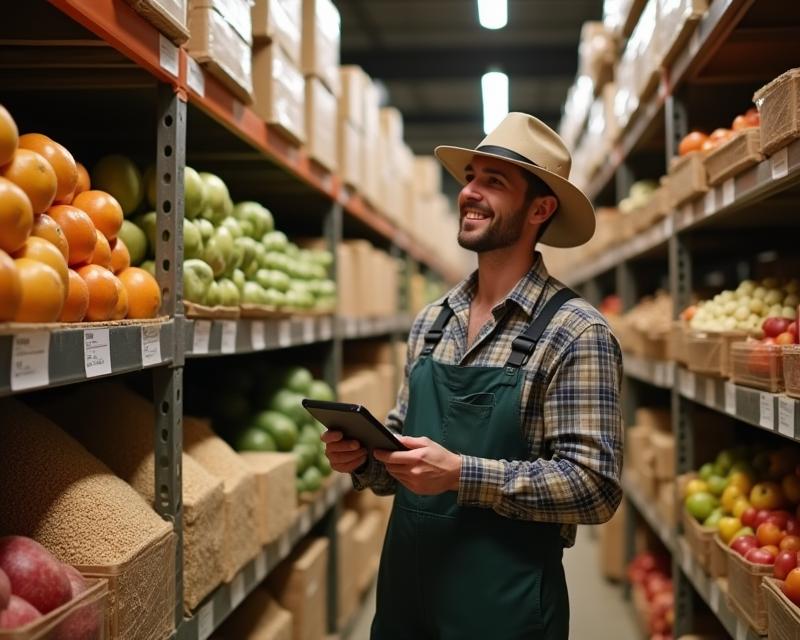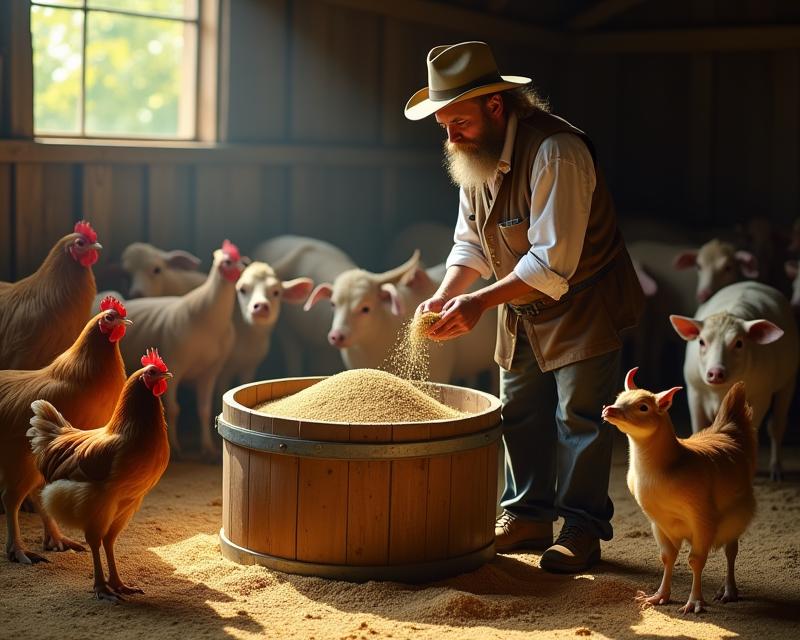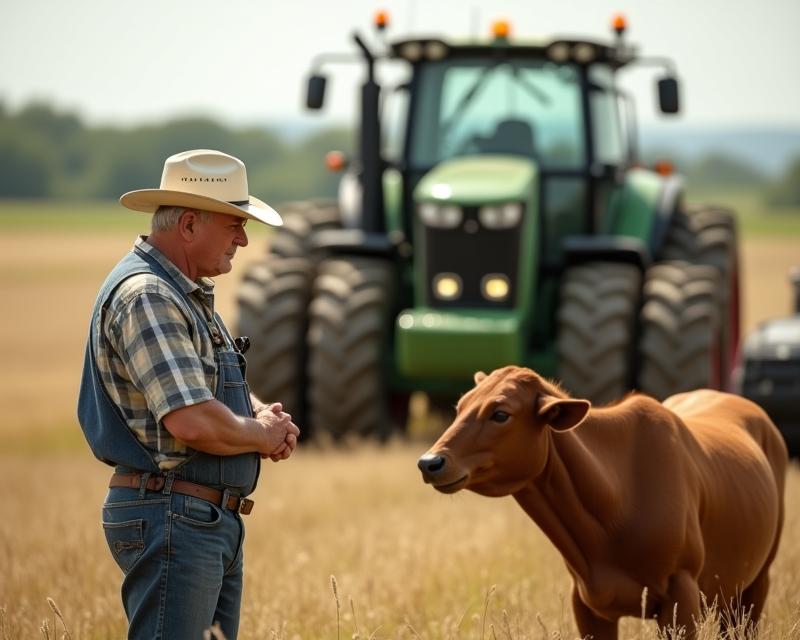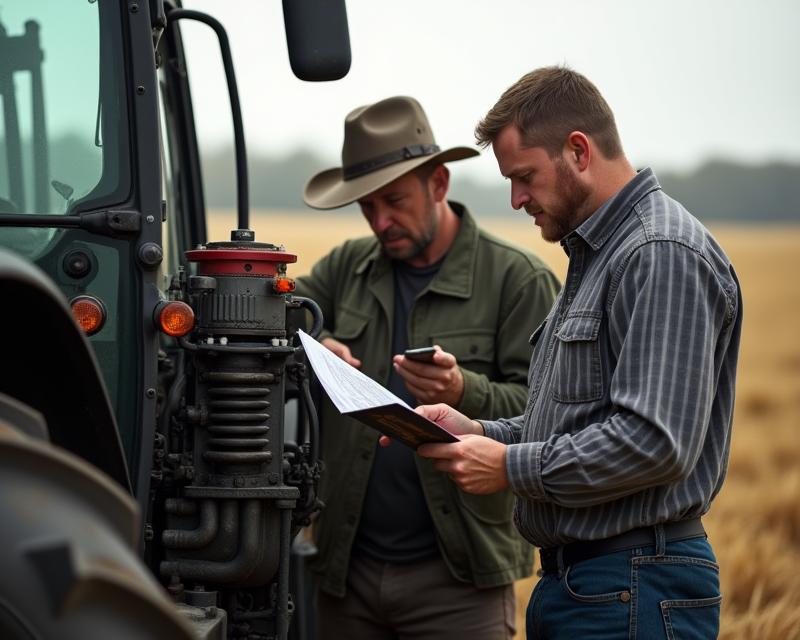Harvest Time: Direct vs. Wholesale
Publish in Farm Business el 28/06/2025 22:23
Harvest Time: Direct vs. Wholesale
The harvest is in, and the question on every farmer's mind is: how to sell it? Choosing the right sales strategy – whether direct-to-consumer or wholesale – can significantly impact your farm's profitability and overall business model. Both options have distinct advantages and disadvantages, and the best choice depends on your farm's size, resources, and goals.
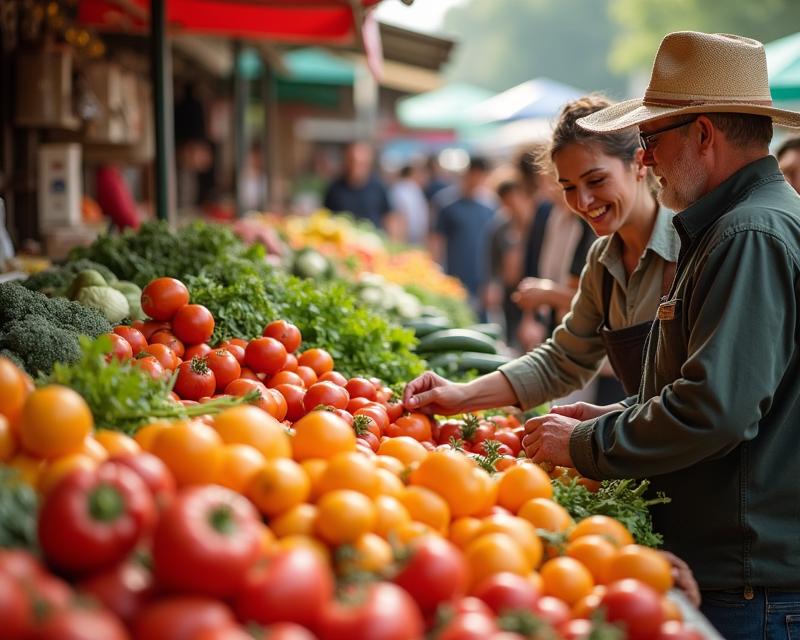
Direct-to-Consumer: Connecting with Your Community
Direct-to-consumer (DTC) sales involve selling your produce directly to consumers. This can take many forms, including farmers' markets, farm stands, Community Supported Agriculture (CSA) programs, and online sales. The biggest advantage of DTC is the potential for higher profit margins. You cut out the middleman, allowing you to retain a larger share of the revenue. It also fosters a direct connection with your customers, enabling you to build brand loyalty and receive valuable feedback on your products. Building relationships with your customers can lead to repeat business and a stronger farm reputation.
Wholesale: Volume and Efficiency
Wholesale involves selling your harvest in bulk to retailers like grocery stores, restaurants, and distributors. This approach is ideal for farmers who want to move large volumes of product efficiently. Wholesale offers the benefit of reduced labor and marketing efforts, as the buyer handles the sales and distribution. However, profit margins are typically lower compared to DTC sales. You're competing with other producers and facing pressure to meet specific quality and quantity requirements. Establishing strong relationships with wholesale buyers is crucial for success.
Making the Right Choice
Many farmers successfully utilize a combination of both direct and wholesale strategies. A diversified approach can mitigate risks and maximize revenue potential. Consider your farm's capacity, your target market, and the time and resources you're willing to invest. Start small, experiment with different sales channels, and track your results to determine what works best for your farm. Don't be afraid to adapt your strategy as your business evolves. Ultimately, the best approach is the one that aligns with your farm's values and helps you achieve your long-term goals.
